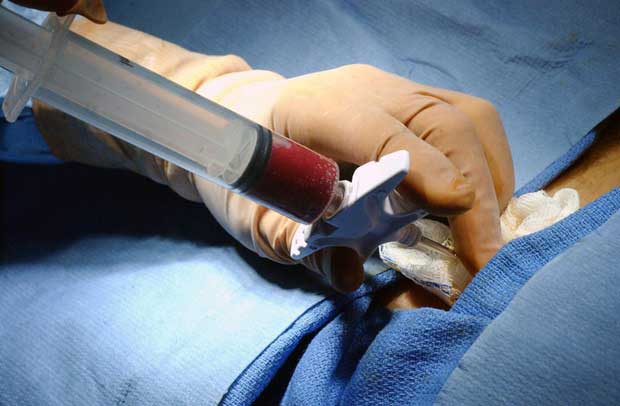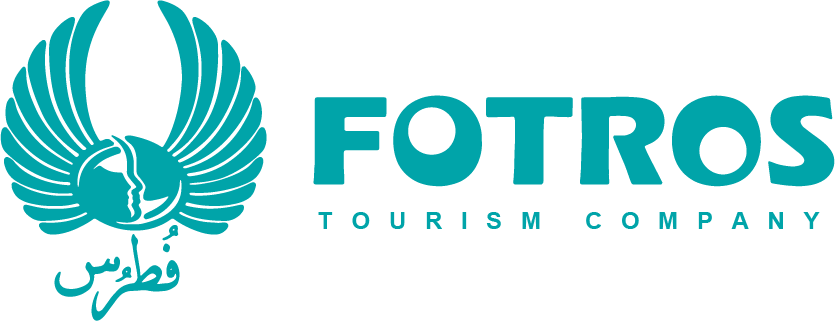
Medical Surgeries
Biopsy


A biopsy is a medical procedure in which a small sample of tissue is taken from a person's body for examination under a microscope. The purpose of a biopsy is to diagnose or rule out conditions such as cancer, infections, or inflammatory diseases. Biopsies can be performed on various types of tissues, including skin, organs, and other structures.
There are different types of biopsies, and the choice of the method depends on the location of the tissue being sampled and the suspected condition.
some common types of biopsies and their procedures:
Needle Biopsy:
- Fine Needle Aspiration (FNA): A thin, hollow needle is used to withdraw a small sample of tissue or fluid. This is often used for soft tissue masses, cysts, or organs like the thyroid.
- Core Needle Biopsy: A larger, hollow needle is used to remove a core of tissue for more detailed analysis. This is common for breast and prostate biopsies.
Bone Marrow Biopsy:
- Bone Marrow Aspiration and Biopsy: A needle is used to withdraw a small amount of liquid bone marrow (aspiration), and a larger needle is used to remove a small core of bone and marrow for examination.




Surgical Biopsy:
- Incisional Biopsy: Only a sample or a portion of a tumor or abnormal tissue is removed.
• Excisional Biopsy: The entire tumor or abnormal area, along with a margin of normal tissue, is removed. This is often done for smaller tumors or easily accessible abnormalities.
Endoscopic Biopsy:
- Endoscopy: A flexible tube with a light and camera is inserted into the body through a natural opening or a small incision. Biopsy forceps or brushes may be passed through the endoscope to collect samples from the digestive tract, lungs, or other organs.
Skin Biopsy:
- Punch Biopsy: A circular tool is used to remove a small plug of tissue.
- Shave Biopsy: A razor or scalpel is used to shave off a sample of the skin.
Biopsy Aftercare
After undergoing a biopsy, it's important to follow the recommended aftercare instructions provided by your healthcare provider. While the specific instructions may vary depending on the type of biopsy and the area of the body involved, here are some general guidelines that may apply:
Rest and Recovery: Allow yourself time to rest and recover after the biopsy and Avoid strenuous activities for the first 24-48 hours.
Pain Management: Your healthcare provider may recommend over-the-counter pain relievers or prescribe medication for pain. Take these as directed.
Monitoring for Complications: Keep an eye on the biopsy site for signs of infection such as redness, swelling, increased pain, or discharge. Contact your healthcare provider if you notice any of these signs.
Dressing Care: If a dressing or bandage has been applied, follow instructions on when and how to change it and Keep the biopsy site clean and dry.


Avoiding Certain Activities: Depending on the location of the biopsy, you may be advised to avoid specific activities that could irritate or damage the area.
Medication and Allergy Information: Inform your healthcare provider about any allergies you have or medications you are currently taking. This information is crucial to prevent adverse reactions.
Follow-Up Appointments: Attend any follow-up appointments scheduled by your healthcare provider. These appointments are important for monitoring your recovery and discussing the biopsy results.
Hydration and Nutrition: Stay well-hydrated and maintain a balanced diet to support the healing process.
Emotional Support: Biopsies can be emotionally challenging. Seek support from friends, family, or a counselor if needed.
Activity Restrictions: Your healthcare provider may advise you on specific restrictions or modifications to your regular activities during the recovery period.


Why Iran:
Iran has made significant progress in the field of healthcare and medical research. Several medical centers and hospitals in Iran are equipped with modern technology and facilities for cancer diagnosis and treatment. The country has well-trained medical professionals, and many Iranian doctors have received education and training in reputable international institutions.
Moreover, Iran has been actively involved in cancer research and has made strides in areas such as cancer genetics, immunotherapy, and targeted therapies. The country also produces some pharmaceuticals locally, including cancer drugs.
Our services include:
![]() our online services include: quotes and consultation
our online services include: quotes and consultation
![]() Pre-hospitalization / post-hospitalization care services
Pre-hospitalization / post-hospitalization care services
![]() Appointing treatments by the most skilled and experienced doctors.
Appointing treatments by the most skilled and experienced doctors.
![]() Airport pick-up/drop off, check-ups, accompanying translator, book hotel (for patients and their families)
Airport pick-up/drop off, check-ups, accompanying translator, book hotel (for patients and their families)
![]() Planning the highest word-level medical trips and quality hospitals and medical centers according to the patient's request and budget.
Planning the highest word-level medical trips and quality hospitals and medical centers according to the patient's request and budget.




All-Inclusive Medical Travel Packages
based on your budget, our team will assist you in choosing the best hotels, doctors, and medical centers. Our packages include:
 Airport Pickup Services
Airport Pickup Services Airport Dropoff services
Airport Dropoff services Hotel
Hotel Ticket
Ticket visa
visa translator
translator Transfer
Transfer SIM Card
SIM Card Sightseeing
Sightseeing
 why Iran
why Iran
Patients may choose to have abdominoplasty (commonly known as a tummy tuck) in Iran for a variety of reasons
Cost, Quality of Care, Privacy and Discretion, Combined Tourism, no Waiting Times
![]()
Fotros is an Iranian health tourism company with a professional team consisting of a support team and word-level doctors in medical and cosmetic surgeries like Neurosurgery, Rhinoplasty, Breast cosmetic surgeries, Liposuction, tummy tuck, etc.










 why Iran
why Iran